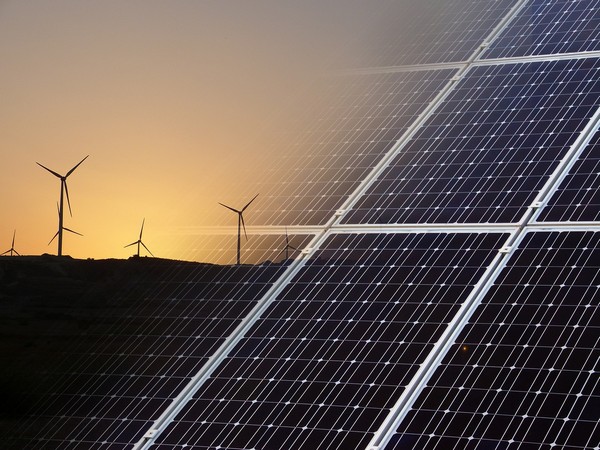
New Delhi: India is well on its way to reach its target of allocating 50 GW of annual renewable capacity towards achieving 500 GW of non-fossil fuel installed capacity by 2030, according to S&P Global Commodity Insights.
By June, the total renewable capacity in India reached 148 GW, with an impressive pipeline of 140 GW in various stages of development.
India's renewable energy sector witnessed growth in the first half of 2024, approximately 70 GW of tenders were announced, and 38 GW of capacity was awarded to successful bidders, with competitive tenders driving the expansion of renewables and energy storage projects
In the first quarter, a record 26 GW of renewable projects were awarded through competitive tenders. The second quarter saw a normalization with about 7 GW of capacity awarded.
The second quarter of 2024 saw more than 18 GW of new renewable capacity requested via competitive tenders, doubling the capacity requested in the same quarter the previous year. This growth indicates a robust demand for renewable energy in India.
Federal agencies, including the Solar Energy Corporation of India (SECI), NTPC Ltd., SJVN Ltd., and NHPC Ltd., dominated the capacity requests, accounting for about half of the total tendered capacity. These agencies awarded approximately three-fourths of the total 7 GW renewable projects during Q2, with the remaining capacity awarded by state-level agencies.
By the end of the second quarter, about 60 GW of green energy tenders were available for bids. This includes 20 GW of new capacity requested during Q2 and 40 GW of capacity that remained open from previous quarters. Solar PV projects accounted for half of the available tenders, followed by 18 per cent for hybrid renewables (with or without storage) and about 9 per cent for onshore wind projects.
Standalone energy storage tenders comprised around 6 per cent of the available capacity. The tendering process, typically taking up to six months to close, can experience delays due to various administrative and techno-commercial challenges.
The renewables market remains highly competitive, with over 30 companies winning projects during Q2. The top five companies--Avaada Energy, JSW Energy Ltd., ReNew Energy Global PLC, Juniper Green Energy Pvt. Ltd., and Ampin Energy--secured over two-thirds of the awarded capacity.
These major winners are primarily independent power producers and diversified utilities operating within India. Less than 5 per cent of the capacity awarded during Q2 was secured by international companies.
The average solar tariff for projects awarded in Q2 was approximately USD 33/MWh, reflecting a 2 per cent quarter-on-quarter increase but a 6 per cent year-on-year decline. Hybrid wind-solar tariffs increased by about 13 per cent year-on-year, though they saw a 5 per cent quarter-on-quarter decline.
Notably, the tariff for standalone energy storage fell by about 20 per cent to USD 4,500 quarter-on-quarter, indicating a significant reduction in costs.
India is well-positioned to achieve its annual target of awarding 50 GW of renewable capacity in 2024. Historically, the country has awarded an average of 16 GW of renewable projects annually from 2020 to 2023.
The scaling up of tendering activity reflects India's accelerated progress towards its energy transition goals, reinforcing its commitment to a sustainable and renewable energy future.